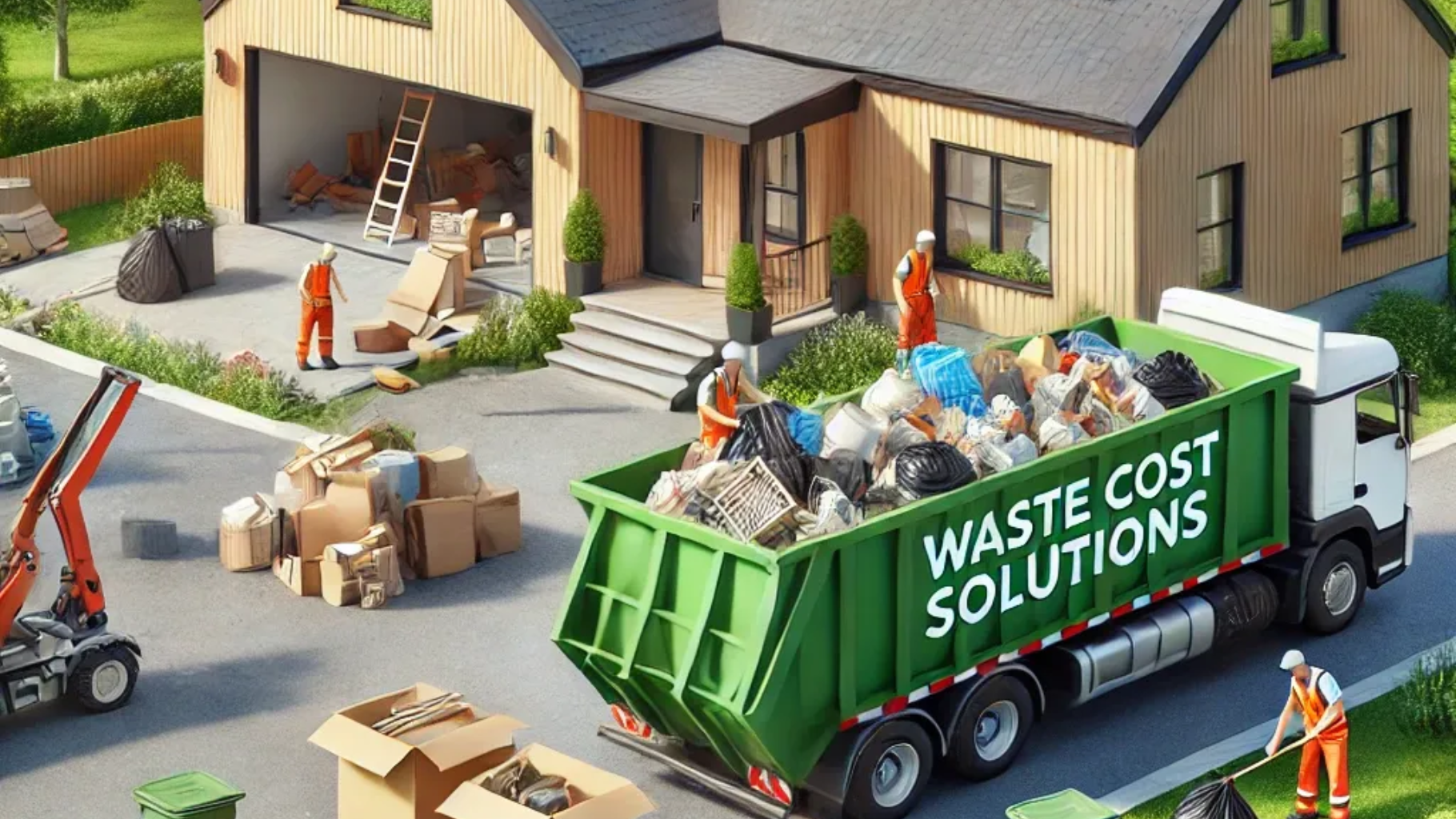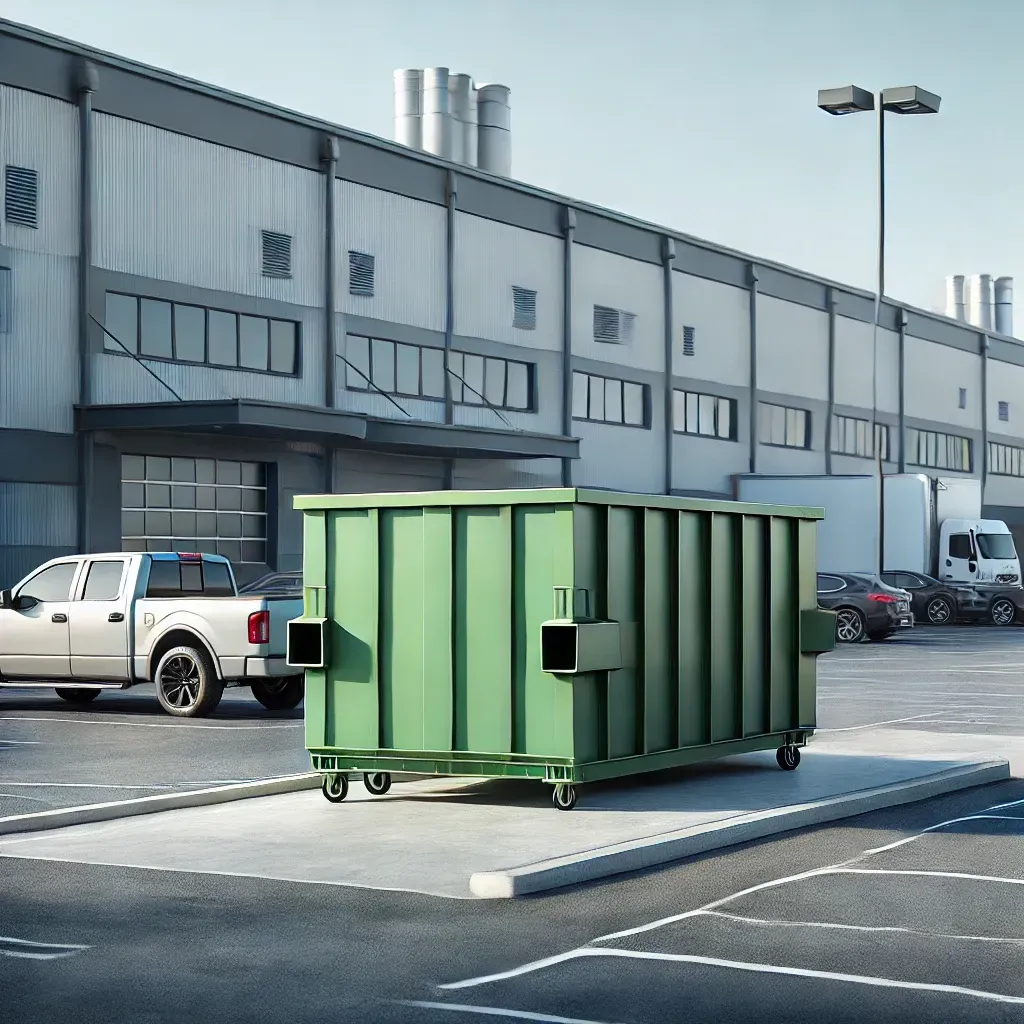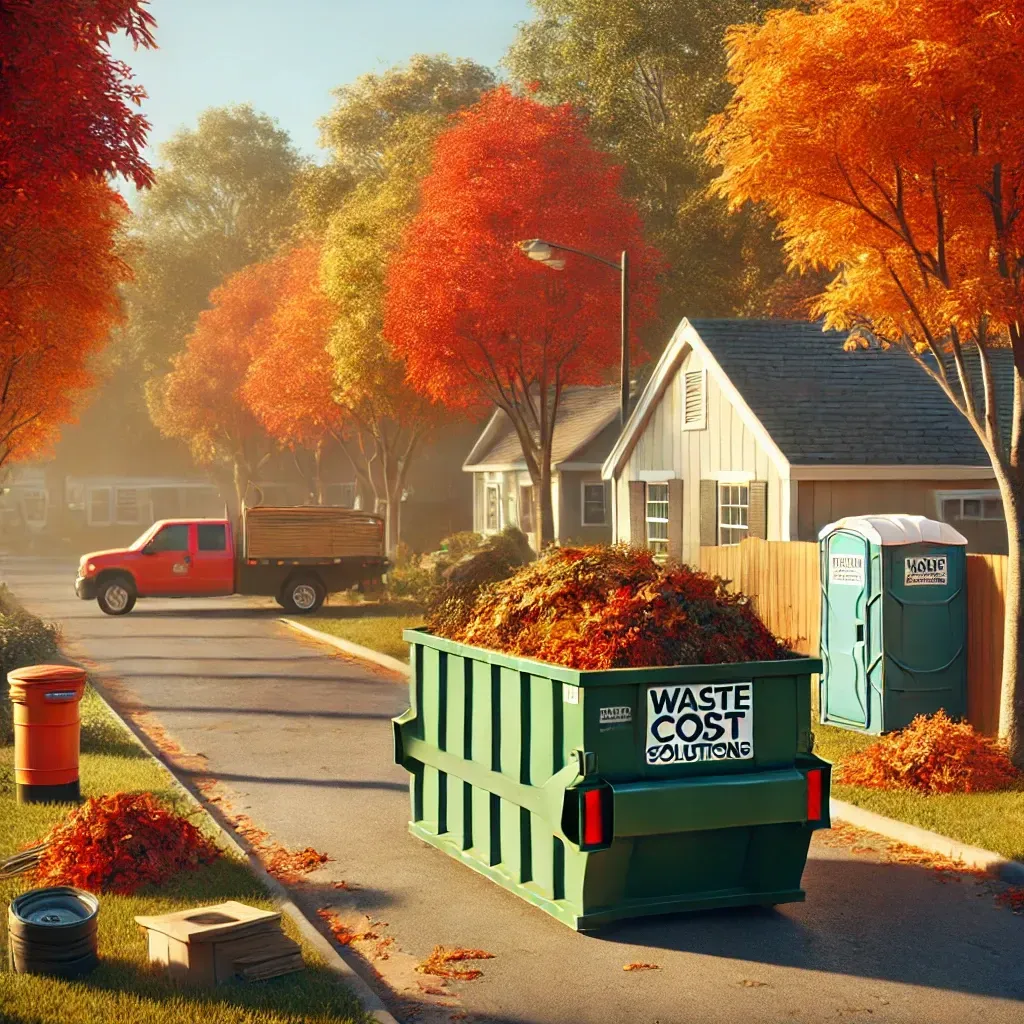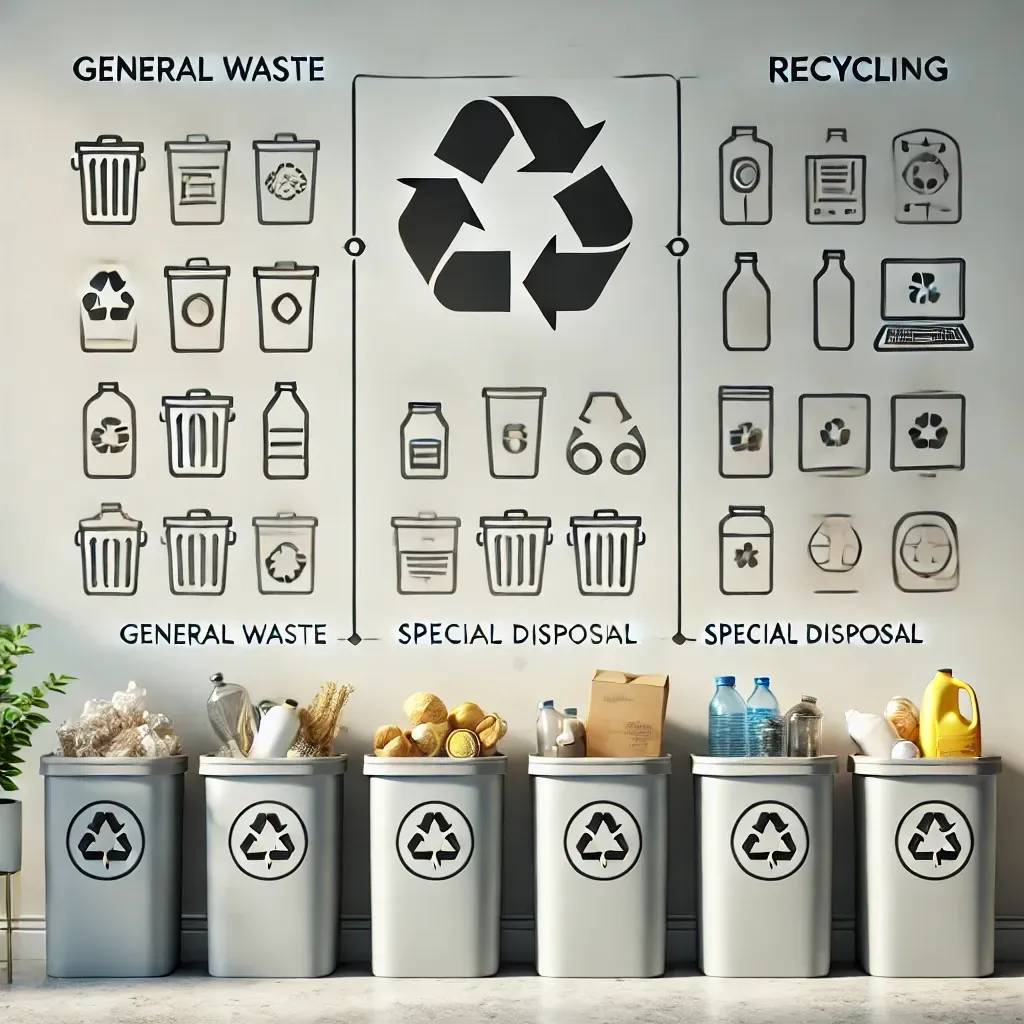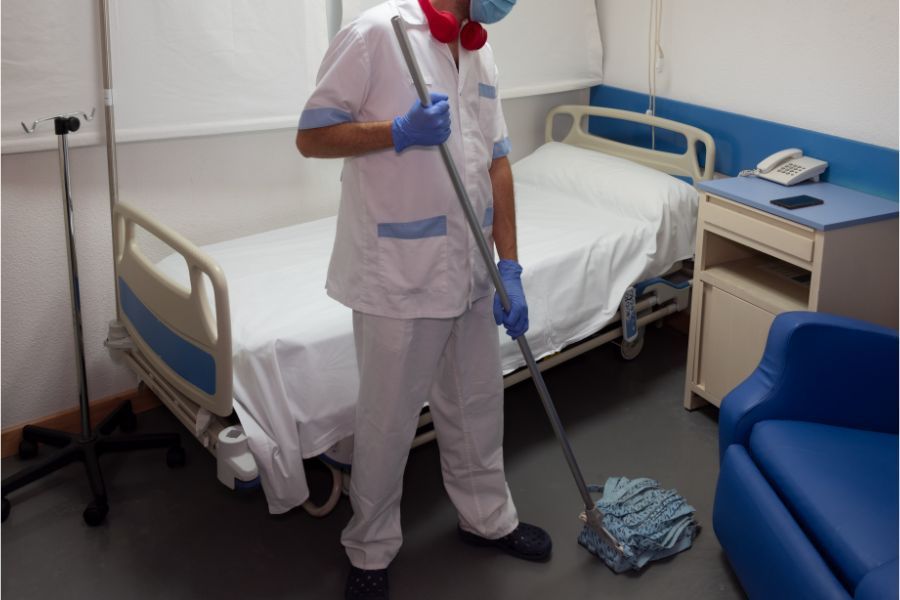The In-Depth Journey into Hospital Waste Management
Ever wonder what happens to the daily mountain of waste generated in a hospital setting? A part of it might have crossed your mind as you watched healthcare professionals discard used gloves, gauze, syringes, and vials into those color-coded bins. Yet, the enormous challenge of managing hospital waste extends far beyond that fleeting thought. Hospital waste management is not merely about disposal; it's a meticulous process that safeguards public health, environmental safety, and legal compliance. So, let's dive into this intriguing and paramount topic that is frequently overlooked or undervalued.
A staggering amount of waste is generated in healthcare facilities daily, and managing this waste is no small feat. It requires understanding, planning, and executing disposal strategies in line with various regulations and standards. But worry not; as we unravel this mystery, you'll gain insight into how this intricate process contributes to a safer and healthier world.
But first, let's familiarize ourselves with the types of waste we're dealing with.
The Many Shades of Hospital Waste
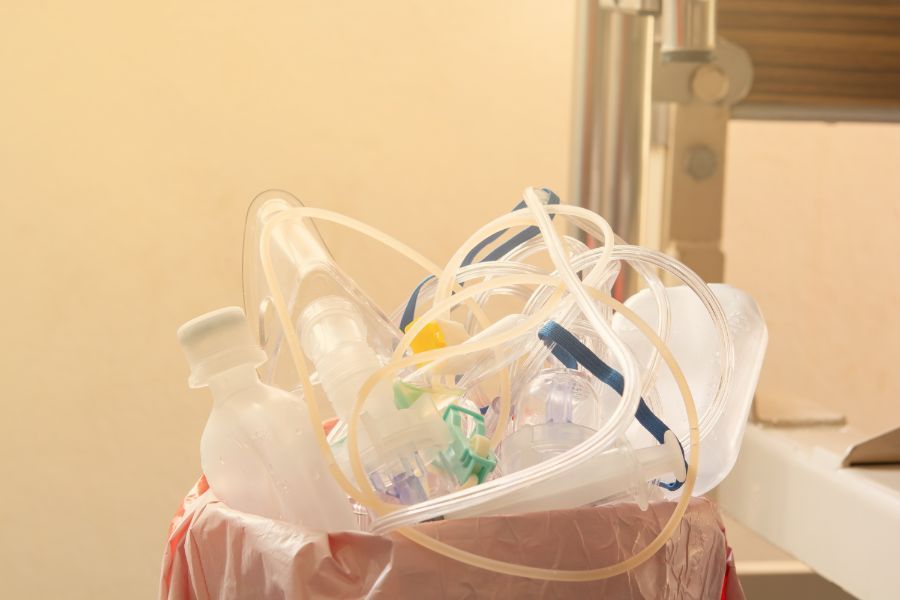
We don't mean just a single type when we talk about hospital waste. Waste generated in healthcare facilities varies widely, requiring specific treatment and disposal methods.
- General Waste: This comprises about 85% of hospital waste and includes items like paper, cardboard, food waste, and plastic packaging. It is non-infectious and resembles typical household waste.
- Infectious Waste: This includes waste contaminated with bodily fluids, such as dressings, swabs, or culture dishes.
- Sharps: Objects that may result in lacerations or penetrating injuries, like needles, blades, and broken glass, come under this category.
- Pharmaceutical Waste: Expired or unused medications and vaccines belong here.
- Hazardous Waste: This includes chemicals used in labs, batteries, and pressurized containers.
After identifying the diverse types of hospital waste, it's time to meet the individuals who orchestrate their management—the unseen heroes in the saga of hospital waste management.
Unseen Heroes: Roles and Responsibilities in Hospital Waste Management
With a clearer understanding of the different types of hospital waste, we shifted our attention to the dedicated teams responsible for managing this enormous task. In this section, we'll delve into these unsung heroes' roles and responsibilities in hospital waste management.
- Healthcare Workers: Doctors, nurses, and other healthcare staff are responsible for properly segregating the waste at the source, ensuring it goes into the correct waste bins.
- Waste Handling Staff: These personnel are entrusted with collecting and safely transporting waste from different hospital sections to a centralized storage or treatment facility.
- Infection Control Team: This group ensures adherence to safety protocols to prevent infection spread through waste, conducting regular training and audits.
- Waste Management Team: These are the individuals in charge of the entire planning and execution of the waste management process. They ensure compliance with local and national regulations.
- External Agencies: Depending on the jurisdiction, external agencies may be involved in treating and disposing of certain types of waste, especially hazardous or radioactive waste.
With a deeper understanding of the importance of these roles, we can begin to appreciate the complexity of hospital waste management.
Conclusion:
Proper hospital waste management is a cornerstone of an effective healthcare system. It's not just about cleanliness but also a critical element in preventing disease spread, protecting the environment, and even saving lives. These intricate processes and the people behind them often go unnoticed, but their role is undeniably vital.
Indeed, hospital waste management might not make headlines, but the intricacies involved and the silent contribution it makes to our health and safety make it a fascinating subject worth understanding. Whether it's the nurse disposing of used gloves correctly or the waste management team ensuring compliance with regulations, each cog in this machinery plays an essential role. In this hidden world, everyone contributes to making our healthcare experiences safer, our environment cleaner, and our world a healthier place to live.
